Bisexuality in Africa: Stories of Stigma, Resilience, and Visibility
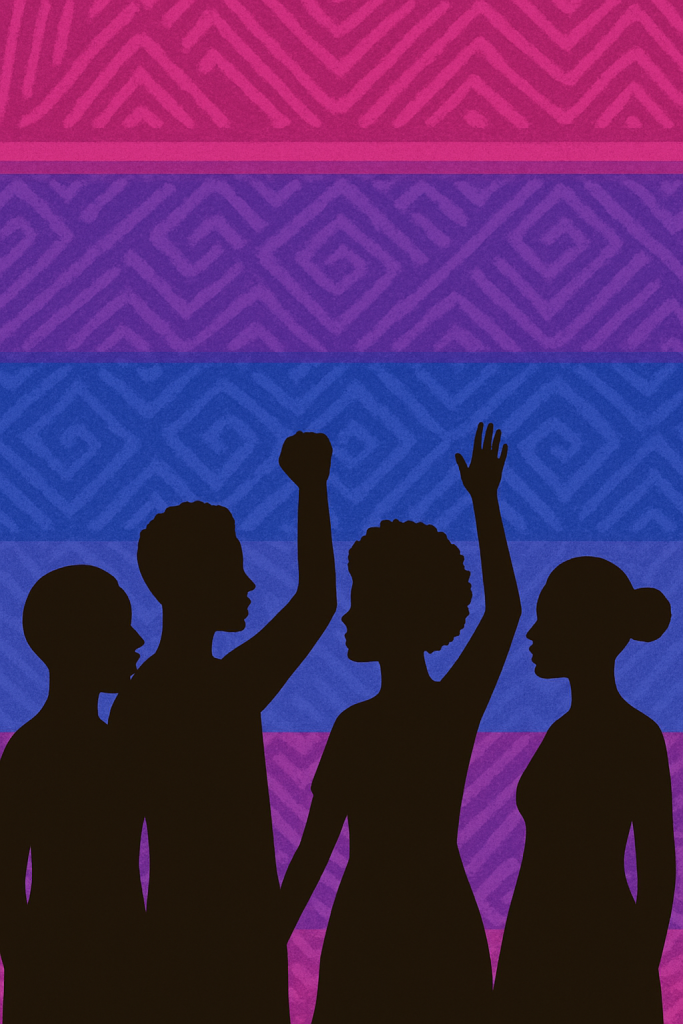
Every year, Bi Visibility Week reminds us that bisexual people exist, resist, and thrive, even when their identities are questioned or erased. In Africa, where LGBTQ+ lives are already under constant scrutiny, bisexual people face a unique form of invisibility. For many, bisexuality is misunderstood as a “phase,” “confusion,” or simply a refusal to “pick a side.” This stigma cuts even deeper for bisexual men. To be a man who openly loves beyond the binary is to constantly battle both cultural expectations of masculinity and the perception that one’s identity is not “real enough.” Studies show that bisexual men in Kenya, for instance, often cope with stigma through avoidance, hypervigilance, or self-destructive habits—while in South Africa, bisexual people report higher levels of anxiety, depression, and trauma compared to their heterosexual peers. The silence imposed on them can be just as violent as the laws that criminalize same-sex relationships in nearly thirty African countries. And yet, bisexual Africans have always existed, even if their stories were silenced by colonial laws and erasures. In South Africa, the late Nkunzi Nkabinde, a sangoma, activist, and author, wrote bravely about their life in Black Bull, Ancestors and Me, challenging the cultural and spiritual taboos that sought to deny queer lives. In Nigeria, writer Unoma Azuah has dedicated her work to telling queer stories in literature, ensuring bisexual and lesbian Nigerians see themselves reflected on the page. Ugandan artist Leilah Babirye reclaims erased queer histories through sculpture, reminding us that figures like King Mwanga II, once vilified by colonial historians, stood as proof of Africa’s diverse expressions of love and desire. The wider Black diaspora also offers inspiration. The legendary performer Josephine Baker, though based in France, embodied the unapologetic fluidity of a bisexual icon. Her art and activism intersected to challenge racism, segregation, and homophobia, her life echoing the truth that visibility itself can be revolutionary. But history alone is not enough. Bisexual people in Africa continue to be erased not just from cultural conversations, but from research, policy, and community spaces. Visibility remains a daily act of resistance, an insistence that love cannot be boxed into categories defined by colonizers or upheld by prejudice. This Bi Visibility Week, we honor the bisexual Africans who have come before, the ones living boldly today, and the countless others still navigating silence. Their resilience reminds us that bisexuality is not confusion, it is clarity. It is truth. It is love in its fullest form. To every bisexual African: you are valid, you are seen, and your story matters.
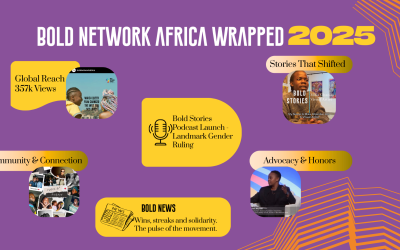
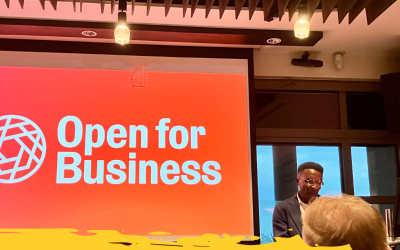

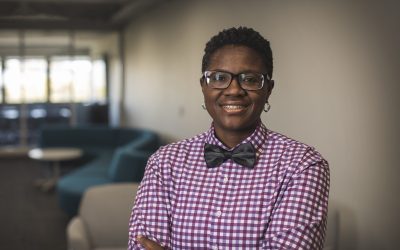
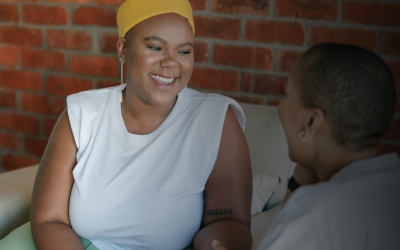
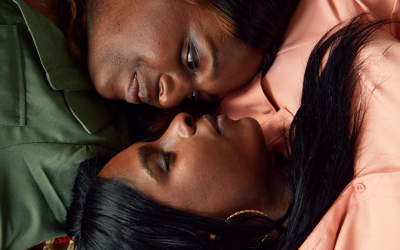
Recent Comments